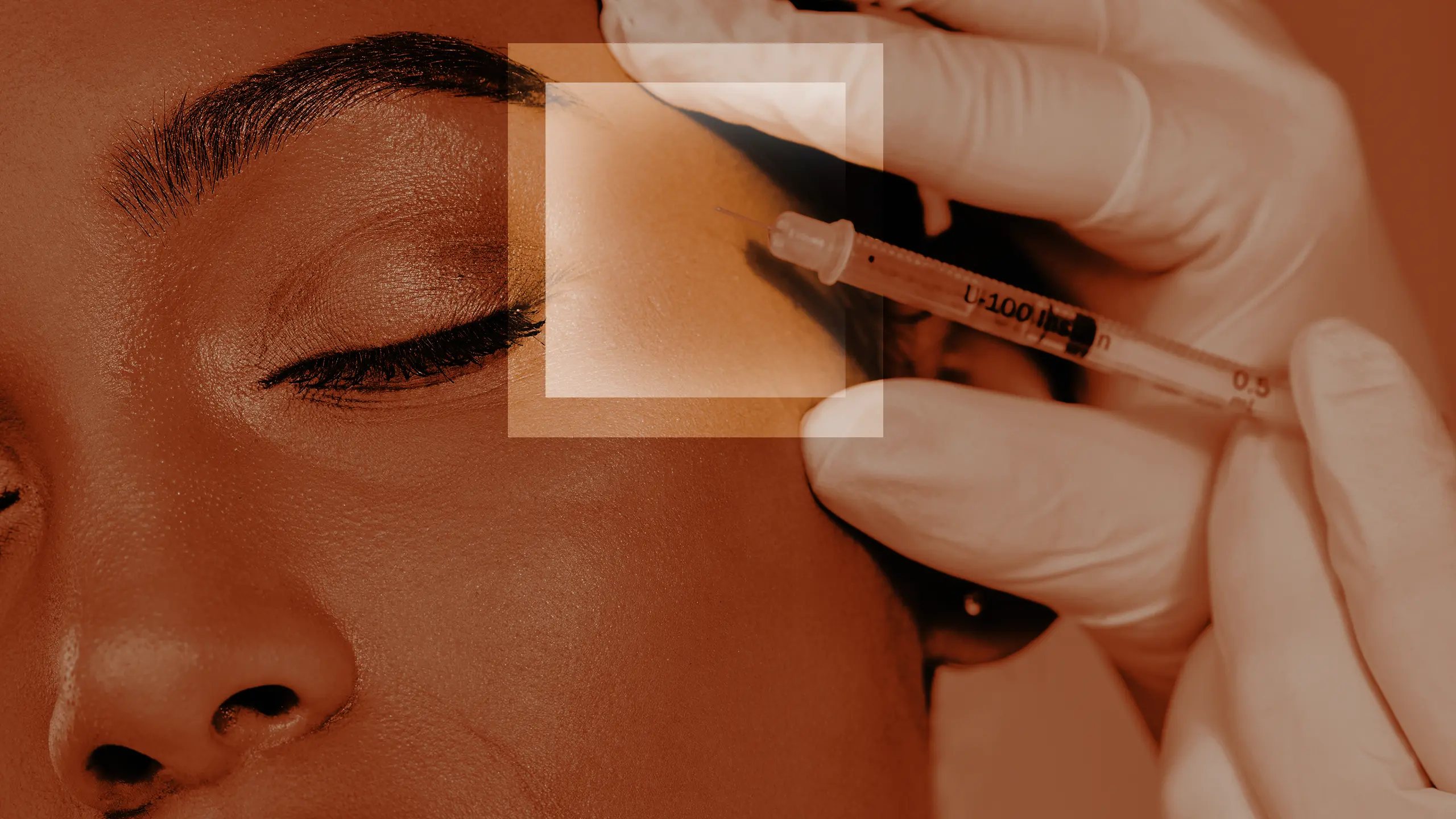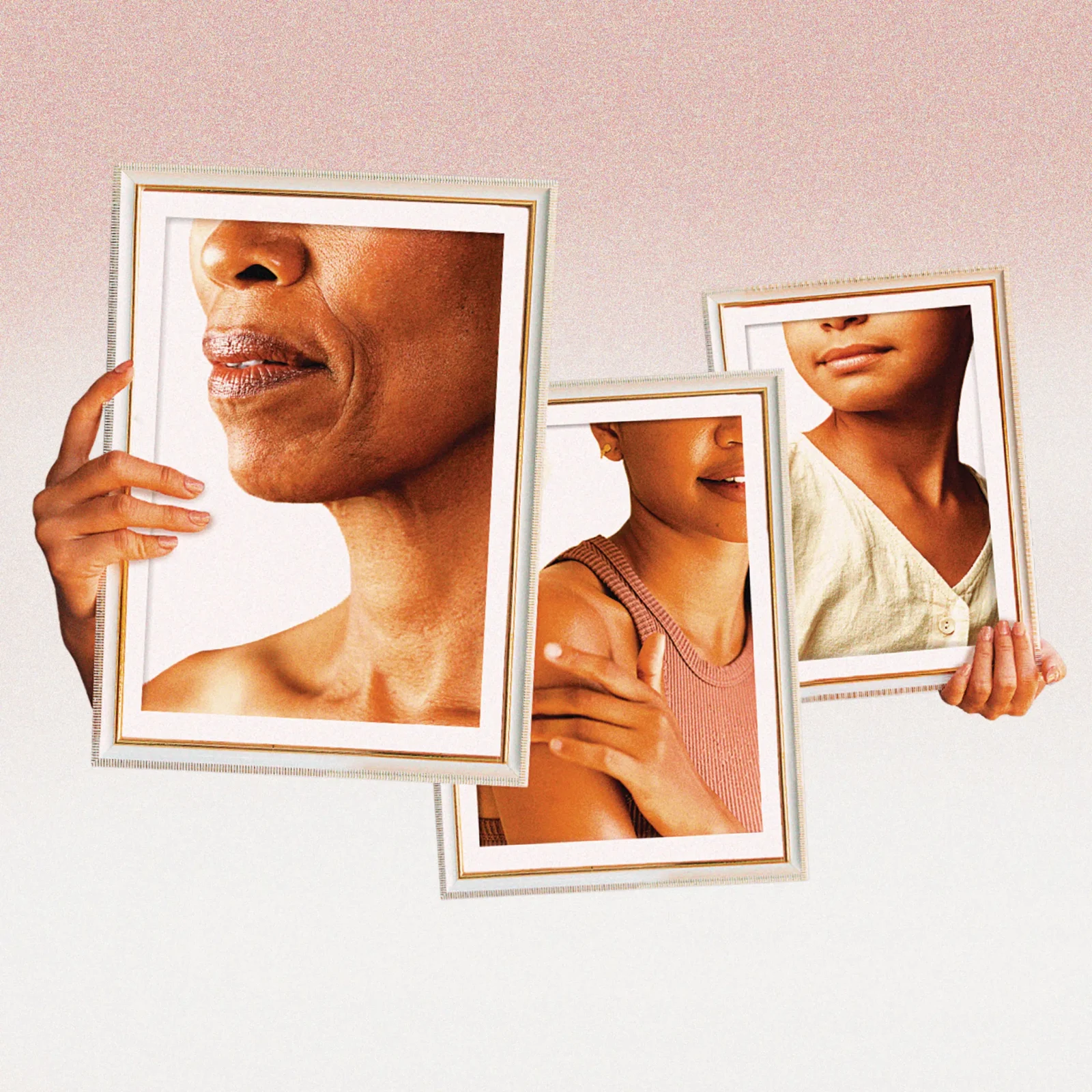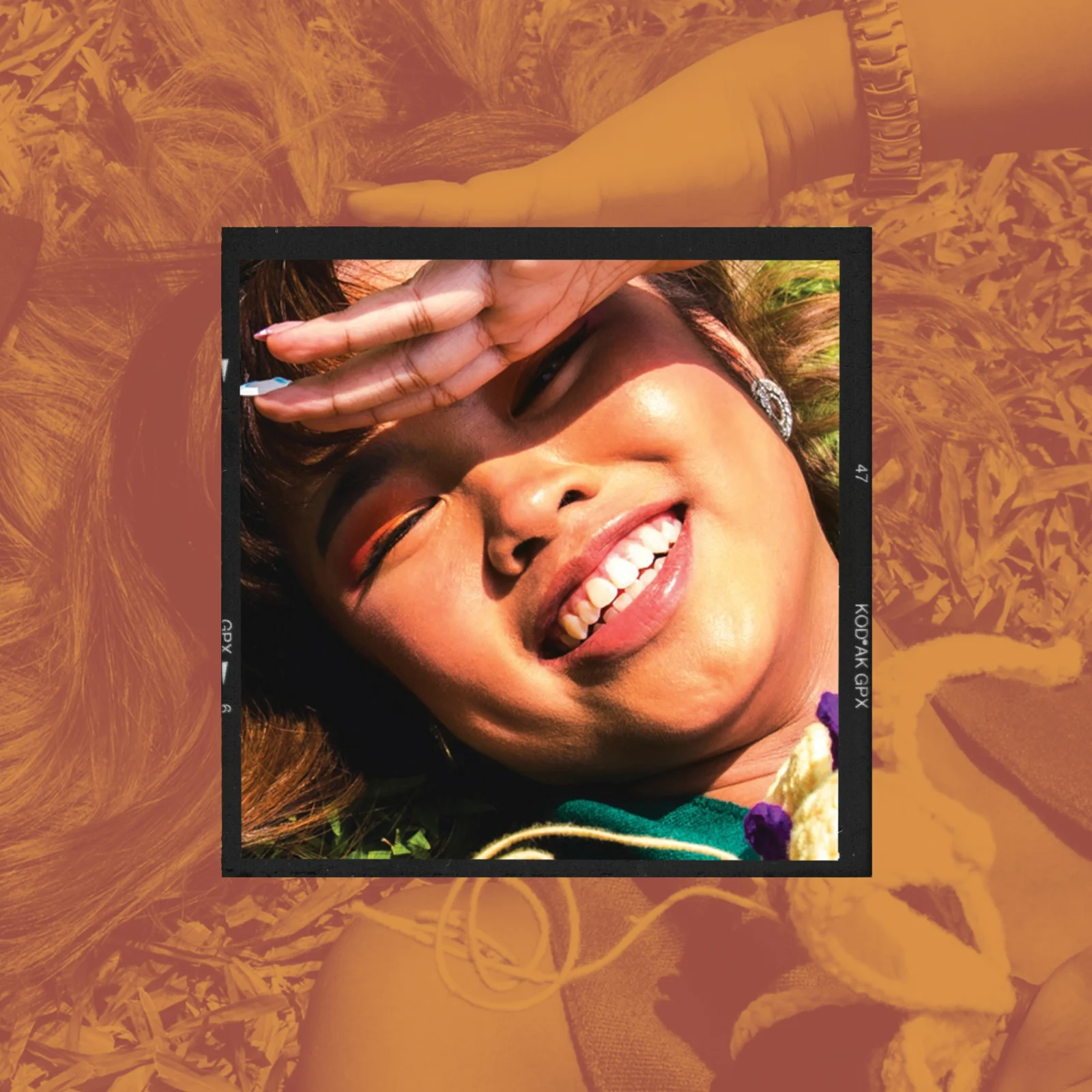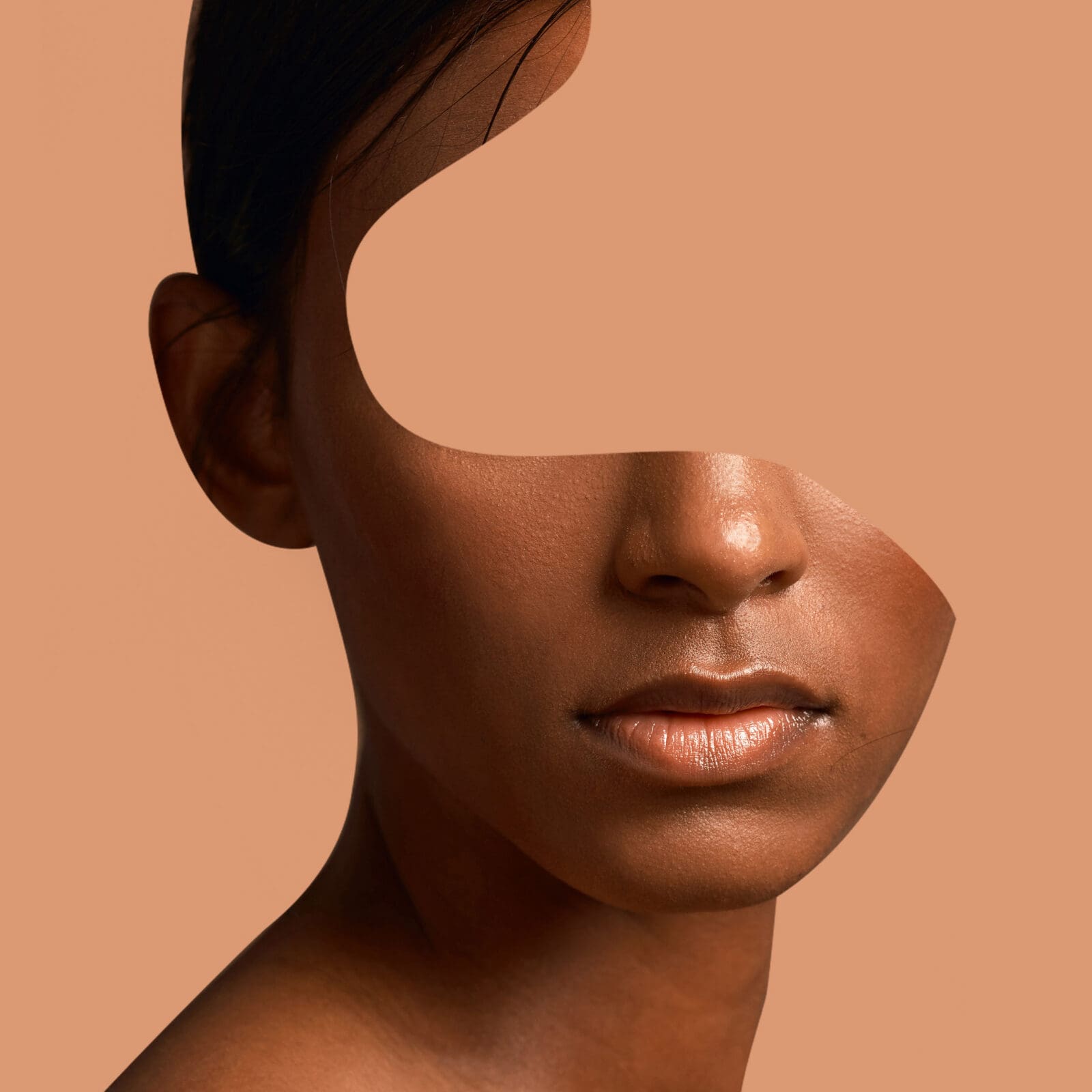Why This Morena Quit Injectable Glutathione for Good
The cost of fairness and why this morena stopped using whitening products.
By Leira Aquino
Kurty Narvadez used to be obsessed with whitening products. Can you blame her? Born and raised in the Philippines, she, like many other morenas, believed she needed lighter skin “to be considered beautiful.” This belief, deeply ingrained in many brown-skinned Filipinos like herself, drove her to extreme measures to lighten her naturally olive-toned skin.
The now 28-year-old business owner, livestreamer, and content creator was a gymnast from primary to secondary school. Most of her training took place under the sun, which caused her skin to “darken.” In high school, unable to afford expensive treatments, Narvadez mixed chlorine powder with water and scrubbed her skin with a rough stone. It was as if she was trying to scrub her brown skin off. “I didn’t even consider the risks—I was so focused on the goal,” she mentions. The goal? To have lighter skin like her cousin, who always received praise from their aunts and uncles. “I still remember watching my titas and titos proudly carry my cousin around simply because she had lighter skin. It was obvious they were prouder of her for that reason,” she reflects.
Desperate to reach this goal, Narvadez learned about injectable glutathione and watched YouTube tutorials on how to administer it herself, due to a lack of funds for professional treatments. Despite the risks, she injected herself with glutathione, which has become popular in the Philippines for skin lightening.
The Philippine Dermatological Society (PDS) has consistently warned about the risks of using glutathione for “skin whitening.” At a press conference held last January, PDS President Jasmin Jamora, MD stressed the importance of having injections administered by a physician or a registered nurse under the direct supervision of a medical doctor, and in a healthcare setting. She specifically highlighted the risks of unregulated IV glutathione: “Ang intravenous na pagbigay nito [gluthatione] ay puwedeng magresulta sa matataas na dose at puwede pong maoverload ang ating mga bato,” the dermatologist cautioned. (“High dosages of IV-administered glutathione can overload our kidneys.”)
The Philippine Food and Drug Administration (FDA), meanwhile, also noted that injectable glutathione isn’t approved for the purpose of skin lightening—it’s only allowed for use as part of chemotherapy treatments. The agency was in agreement with PDS’ concerns and warned that using injectable glutathione for skin lightening can pose serious health risks, including toxicity to the liver, kidneys, and nervous system, as well as the possibility of Stevens-Johnson Syndrome, a rare but life-threatening skin reaction.
Despite these warnings, many beauty clinics and spas continue to offer IV drips with glutathione—and even vitamin C and other injections—even though there is no clinical evidence or established dosing guidelines for using glutathione as a skin-lightening agent.
Now, Narvadez regrets her risky attempts to lighten her skin. “Looking back, I deeply regret doing something so risky,” she admits. She avoided activities she loved, like spending time in the sun, to preserve her lighter complexion. “I couldn’t even enjoy going out without covering myself from head to toe because sunlight would quickly reveal my natural color,” she recalls. This realization led her to conclude that lighter skin wasn’t worth the hassle and sacrifice.
Falling in love with morena skin
During the COVID-19 pandemic, with all the lockdowns and confinement, Narvadez realized how much she had deprived herself of outdoor activities when she did not have to. “I realized I wanted to enjoy outdoor activities without worrying about getting tanned,” she shares. Once the restrictions were lifted, she found herself outside more often, not worrying about covering up to protect her skin. It was a liberating feeling, one that continued to evolve when she moved to Australia. There, people frequently complimented her brown skin, which made her appreciate her natural color even more. “I was dating an Australian boyfriend at the time, and he and his family constantly complimented my skin tone,” she recalls.
Narvadez had once tried to lighten her skin to fit a standard of beauty, but now she was receiving compliments for the very thing she had once tried to change. This shift in perspective was life-changing. Instead of relying on whitening products, she began to care for her skin using nourishing body oils, embracing her true, beautiful morena complexion.
Her time abroad was a turning point for Narvadez, who had always been self-conscious about her skin color. The experience made her realize that beauty is not one-size-fits-all. “I used to joke with my siblings that I wasn’t in the right place,” she remembers with a laugh. “In Melbourne, I was amazed at how much people admired and even envied my skin tone.” This reinforced a truth she had come to understand: that (as cliché as it may sound) beauty truly is in the eye of the beholder. But more importantly, the validation she had long sought from others didn’t compare to the peace she found in accepting and loving herself.
Today, Narvadez’s journey has come full circle. She no longer feels the need to conform to society’s standard of beauty or rely on products that promise lighter skin. “When I started loving my natural skin, the compliments poured in, and my confidence grew,” she says, reflecting on how her self-acceptance blossomed into genuine admiration from others. “Whenever I meet other morenas, I always tell them how beautiful their skin is and how many people would love to have their complexion,” she says.
And now, as she’s back in the Philippines, Narvadez stands confidently with her morena skin. The glow of her skin isn’t just about the products she uses—it’s about how she feels about herself. “I’ll never use whitening products again,” she promises to herself, no longer bound by the pressures of beauty standards but liberated by the love she’s found for her natural color. Her morena skin tone, she believes, is “something to be proud of.”
You might also like
To provide a customized ad experience, we need to know if you are of legal age in your region.
By making a selection, you agree to our Terms & Conditions.








